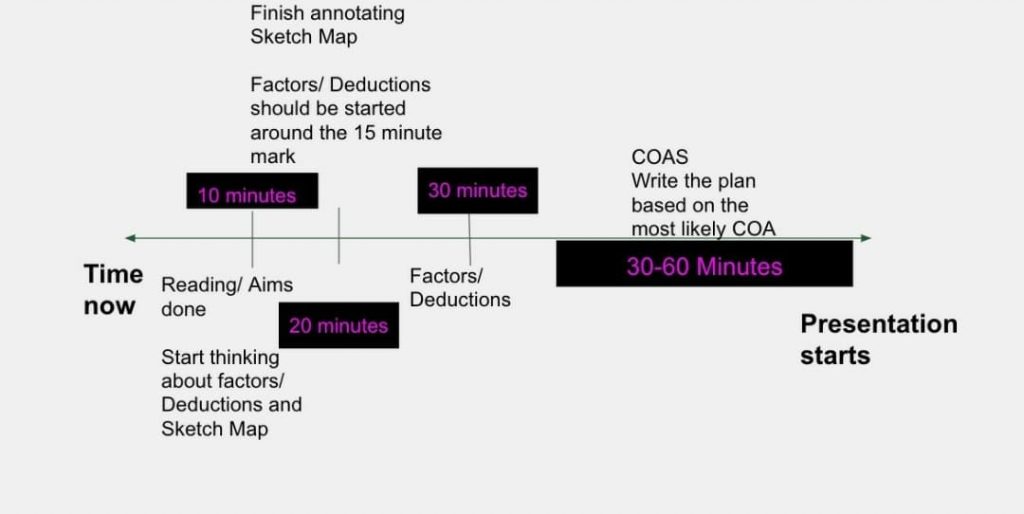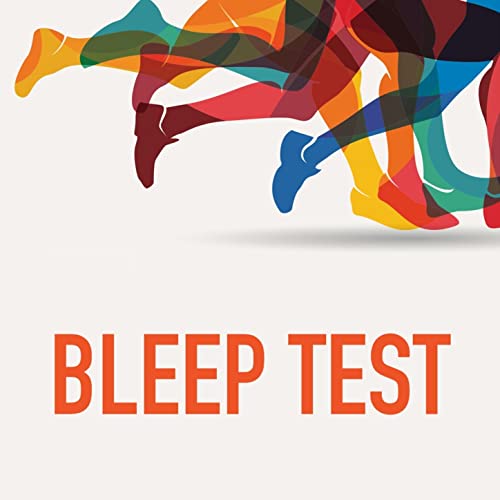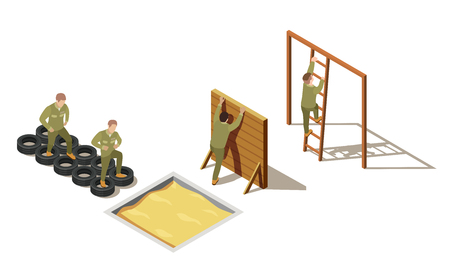Explanation & Tips for Each Event

Essay – (Choose 1 from 5 topics, 45min)
In this event they ask you to choose 1 topic from a list of 5. To make sure the essay reads well spend time at the beginning planning the structure and content. If you can quote any statistics/ laws passed/ factual knowledge this would be excellent. Essay styles can be arguments for/against, however if that is not applicable to the question type you should think about different factors it may impact: economic, social, political, legal, environmental, educational, geographical etc.

You must write at least one side of a page but no more than a side and a half. I recommend folding your page in half to ensure you don’t go over into the second half.
Memory Attention Test (MAT) – (20mins)
This test will give you a rule for letters / shapes that appear on screen. After each round another rule will be added. This is time sensitive however, you can refer back to the rules anytime throughout the test.

Examples of Rules
- Select the letter earliest in the alphabet
- Select numbers which are divisible by 7
- Select numbers which contain the number 4
- Select the 2 letters beside each other in the alphabet
- Select all diamonds
- Select all squares as long as there are no yellow circles. If there are any yellow circles, do not select any squares
- Select all triangles which are positioned above diamonds
Personality Test – (200Q, 40min)
This test should be completed without much thought. Similar questions will be asked multiple times so make sure you answer honestly.
Numerical Reasoning – (36Q, 15min)
Each question carries the same amount of marks so if you’re taking too long and not sure on the answer take a guess and move on. Make sure you don’t leave any questions blank because this test is not negatively marked. This test is done without a calculator so make sure you practice your mental maths, times tables, ratios, percentages and fractions.
Verbal Reasoning – (40Q, 15min)
Each question carries the same amount of marks so if you’re taking too long and not sure on the answer take a guess and move on. Make sure you don’t leave any questions blank because this test is not negatively marked.
Use the keyword approach. Read the question first, pick a keyword/ date/ number, and scan the text for it.

Click here for verbal reasoning quizzes (coming soon)
Abstract Reasoning – (70Q, 12min)
Each question carries the same amount of marks so if you’re taking too long and not sure on the answer take a guess and move on. Make sure you don’t leave any questions blank because this test is not negatively marked.
An acronym you want to learn before you go is SCANS. Most of the patterns fall into one of the following categories:

- Shape
- Colour
- Arrangement
- Number
- Size
Plan Ex (1hr)
The day before you do your PlanEx you will have a tutorial. Do not rely on this, it should be used as a helpful reminder as to what is expected but make sure you’re aware beforehand.
Make sure you have 3 courses of action written down. You have 1 hour to complete this exercise, below is a guidance structure on how to split up your time. If you have time at the end read over your plan and the text, familiarise yourself with finer details – you will be asked random questions e.g how far did Bob fall of a ledge?

Click here to download a Plan Ex (20 to choose from). Don’t forget to take the quiz after each Plan Ex to test how well you remember facts from the passage.
Plan Ex Group Plan (10min)
After the planning exercise together as a group you will come up with a group plan. Even if your plan didn’t work ensure you contribute to the discussion.
Next you’ll be brought into a room with just you and the assessors to be questioned on your plan, finer details of the text etc. Don’t panic if you can’t remember anything just stay calm, say I’m sorry I can’t remember, if your plan doesn’t work just suggest this is my plan however upon reflection the group plan adopts a more realistic approach etc.
Leaderless Tasks

During the leaderless tasks it is important your voice is heard. If you can’t think of ideas you can contribute by encouraging people or volunteer to be the timekeeper/ask the timekeeper how we are doing for time.
To allow social distancing measures everyone is given a block with their number on it and you move it to the position you are hypothetically in during the command task. One person will be nominated to move the equipment to demonstrate that it can be done.
Group Discussions (5mins per topic)
In this event you will be given topics to discuss as a group. It will help if you are up to date with current affairs so you can have an opinion and possibly some key facts to bring to the discussion. Keep up to date with : The Daily Telegraph, Today in Focus, The Week magazine (free with NI libraries account), Global News, Forces News.
Secondary to this each member of the group will also be asked to suggest a topic. Make sure you have 2/3 topics incase someone chooses yours on the day. If your topic gets picked, take no more than a minute to introduce the topic.
I would recommend in the evening beforehand meeting up with your group and go over group discussion etiquette, so that the group dynamic can be established, allowing everyone to gain maximum benefit.

Tips
- If you see someone who hasn’t spoken much, ask them “what are you thoughts number 33?” (Make sure you don’t put them on the spot)
- If you and another person go to speak at the same time and you speak over them, quickly get your viewpoint in and then ask them, “sorry number 35 what were you going to say?“
- Don’t waffle. You are only given a set amount of time to talk for each topic so just say your opinion and allow others to speak.
- Exchange what your prepared discussion topics are so that everyone can research it and have more knowledge to talk about it the next day.
Click here for Group Discussion topics.
Education / CV Interview (10min)

Make sure you know your CV inside out (including strengths and weaknesses).
You will be asked two mental maths questions. One question will be adding three 2 digit numbers, e.g 24+56+73. Second question will be a speed distance time question, e.g if you’re travelling at 10 mph how long will it take to travel 45 miles
Click here for Interview Questions
Lecturettes (15min to plan, 5min to present)
You’ll be given a list of 5 topics from your CV to choose from. These will typically be from your hobbies/interests, books you’ve read, cultural pursuits, any life experiences you’ve had e.g Camp America, charity work etc.
You have 15 minutes to prepare your topic. It is good practice to have some possible subjects prepared and practiced in advance to reduce the pressure on the day.

- When presenting you can have a piece of paper in front of you however, avoid reading straight from this. Try to engage with your audience.
- You must speak for between 3-5minutes
- Leave time for questions
Bleep Test (20min)

You must achieve level 8.7 on the bleep test.
This happens early in the morning so i’d advise a lighter breakfast / bringing cereal bars.
Make sure you practice this before you go, a good app to download is “bleep lite“
Command Tasks (10min)
You will be asked before your command task, if you could choose 2 people from your syndicate to bring to Sandhurst who would you bring.
When you do your command task, the assessor will explain the rules (make sure you listen carefully) and then give you 2 minutes to think of a plan on your own before you tell the assessor your proposed plan.
You then call your group over and you have 8 minutes starting from when they arrive. In that time you need to brief the group and conduct the command task

How to brief the group
- Allocate a time keeper
- Explain the rules
- Explain your proposed plan
- Ask if anyone has any questions / any better ideas
Don’t let other members take over your command task. Allow suggestions to be made and considered, but remember this is your 8 minutes to show the assessors how you command and lead.
Obstacle Course (3min)
You have 3 minutes to complete at least one lap of the obstacle course (the more the better). You start with the rope swing and then can complete it in any order.
This is the last event so you will be tired but push through and show determination. This is your last chance to prove yourself.

Obstacles
- Rope swing (they will tell you when to release)
- Hurdles (F-76cm M-91cm)
- Long jump (recommend practicing this beforehand)
- Steps with a burden
- Rope climb onto a platform & jump (it is quite high but just don’t hesitate & jump)
- Tunnel
- Wall climb

